Last Updated on July 30, 2021
PLOT: A thorough look at the five-decade career of iconoclastic writer, director, producer Larry Cohen is presented through various interviews, archived footage, and unknown factoids.
REVIEW: Who doesn’t love Larry Cohen? The answer surely is not Steve Mitchell, the writer of CHOPPING MALL and creative impetus behind the new must-see award-winning documentary KING COHEN: THE WILD WORLD OF FILMMAKER LARRY COHEN. Indeed, even successful genre filmmakers owe a great deal to Larry Cohen, as evidenced by a gripping opening anecdote by J.J. Abrams about meeting Larry Cohen at a bus stop in Westwood as a kid and professing his bald fandom. It seems true. To know Larry Cohen’s work is to love Larry Cohen, a guerilla-filmmaking maverick who truly defined the independent auteur spirit of 70s American cinema. Look, when Joe Dante says you’re akin to the Cassavettes of genre filmmaking, you can’t cull much higher esteem than that. And yet, for as much as this new doc is a must-see for converted Cohen acolytes, it’s equally required viewing for the span of filmmaking tyros and cinematic historians alike. A lot can be gleaned from the man Fred Williamson calls the “greatest film thief of all time,” for his unpermitted public filming. It’s true…King Kong ain’t got nothing on KING COHEN!
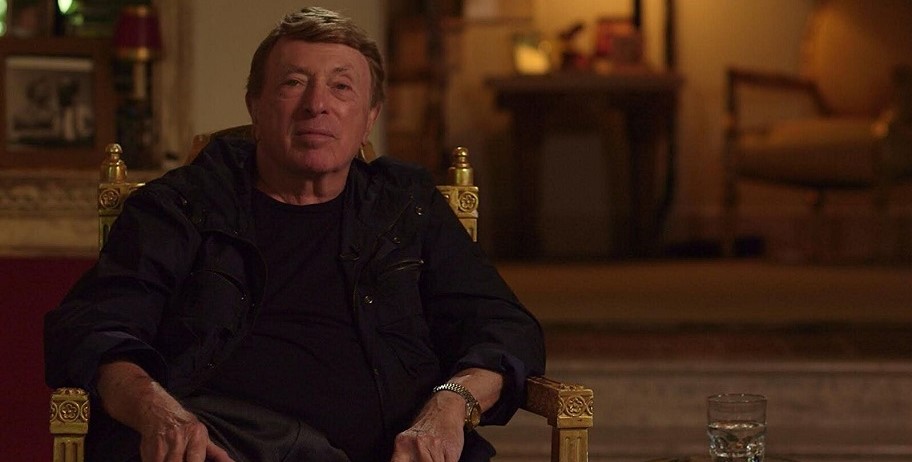
Cohen has directed 20 films, and written over fourfold that amount in his career. His directorial credits include BONE, BLACK CAESAR, HELL UP IN HARLEM, IT’S ALIVE, GOD TOLD ME TO, IT LIVES AGAIN, Q: THE WINGED SERPENT, SPECIAL EFFECTS, PERFECT STRANGERS, THE STUFF, A RETURN TO SALEM’S LOT, IT’S ALIVE III: ISLAND OF THE ALIVE, THE AMBULANCE, Masters of Horror, and more. As most biographies do, we start at the beginning of Cohen’s career. Casual fans will be surprised to learn Cohen was a failed standup comic, and much of his original writing came out the frustration of not succeeding in comedy. As a writing prodigy, Cohen sold his first script at age 17, which opened up a world in television Cohen would spend a dozen years toiling away at. In the 60s, he created TV series “Branded,” “Invaders”, and “Coronet Blue” (a Jason Bourne preamble) even before working on a single motion picture. When he coaxed Lee Van Cleef to star in EL CONDOR by convincing him it was a comedy, Cohen decided directing was the next logical step.
In 1972, Cohen helmed the unreleased BONE, a controversially interracial play on WHO’S AFRAID OF VIRGINIA WOLF starring Yaphet Kotto. This led to Cohen writing and directing BLACK CESAR, which almost single-handedly started the Blaxploitation subgenre of 70s grindhouse pictures. A sequel followed suit, HELL UP IN HARLEM, but only after Cohen changed the original unhappy ending of BLACK CAESAR post-release (Kubrick style). The star of both pictures, Fred Williamson, calls Cohen the greatest guerilla filmmaker and shot-thief he has ever has the pleasure of working with, and that Cohen taught him a lot about how to make a movie on the fly, with little money, no permission, and only your passionate ingenuity to guide you through.
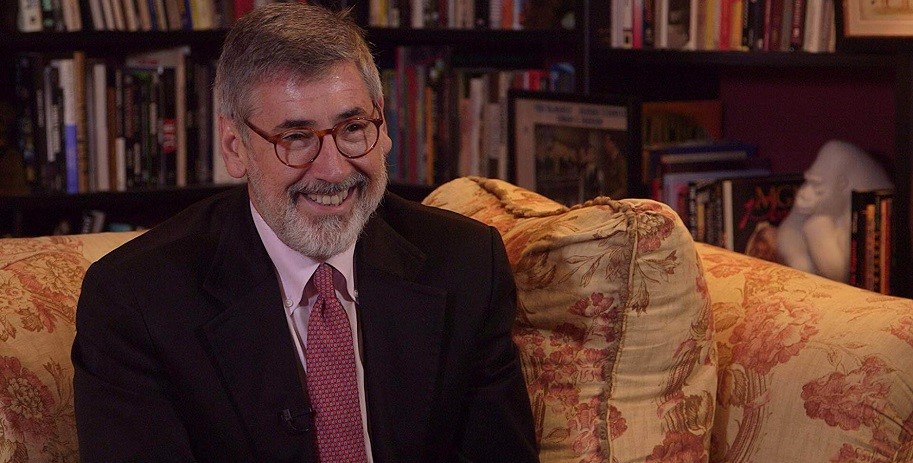
In 1974, Cohen makes the transition from blaxploitation to horror with the release of IT’S ALIVE. We all know this one as an undeniable horror classic, but it’s the behind the scenes relationship with composer Bernard Herrmann that is most fascinating. Herrmann’s final two film scores were IT’S ALIVE and TAXI DRIVER, and Cohen and Scorsese relay a touching tale in which they grieve for Herrmann in Cohen’s living room with De Niro and De Palma wearing yarmulkes. Indeed, for the all thrills and wildly exciting moments Cohen has given us on the screen, you really come away from this doc with a sense of the man’s compassion, empathy, kindness, and benevolent spirit. Benevolence that he, by his own admission, intentionally subverts in every one of his movies, be it a killer baby, a deadly yogurt, a psychotic policeman, etc. One critic in the film dubs Cohen a master of the premise, and that’s spot on, as each premise is built on taking a benevolent idea and twisting it on its mutated head.
Another compelling anecdote comes from the set of Q: THE WINGED SERPENT, one more Cohen favorite. In typical Cohen fashion, he did not get permission to film on the famous Chrysler Building. During one climactic action scene that required a barrage of blanks to be fired, screaming hordes of unwitting citizens down below thought the building was really been attacked by terrorists. Cohen jokes that if a serendipitous canopy from construction work hadn’t been there, he’d still be incarcerated. It’s humorous tidbits and fun factoids like this the make KING COHEN a hugely engaging watch. We get deliciously pulpy juice from the sets and behinds the scenes stories that for even the most casual of horror fan, is sure to fascinate in some way. And because every one of Cohen’s directorial titles are examined (with the odd exception of FULL MOON HIGH), there’s no shortage of diversity in subject matter. For instance, anybody familiar with THE STUFF knows what a pitch-perfectly nailed tone of campy horror and comedic commentary Cohen executed there, a template that no doubt influenced Carpenter in THEY LIVE.
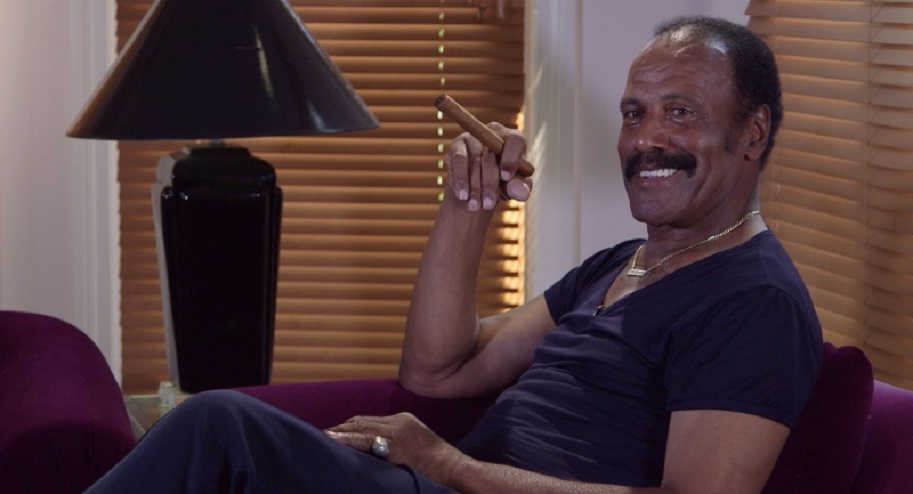
If I had to grouse about anything, it’s that it would have been nice to see a little more time spent on the higher quality movies Cohen wrote but didn’t direct, instead of some of the lower quality movies he did. Sure, the PHONE BOOTH anecdote will amuse most, but I could have used some dirt on BEST SELLER, the MANIAC COP movies, or his time working with the similar minded Abel Ferrara on BODY SNATCHERS, etc. I get it though, Cohen has written far more than he’s directed, and as such, it’s wise that Mitchell focused on Cohen’s singular vision as producer/writer/director. Additional character witnesses include John Landis, Mick Garris, Rick Baker, Michael Moriarty, Robert Forster, Eric Roberts, James Dixon, some of Cohen’s family, etc. Everyone relays their own personal Cohen stories, most of which coalesce around the overarching theme that Larry is a renegade filmmaker who did things his own way. He’s a dying breed by today’s filmmaking standards, if not extinct, one we should owe a little to and all learn a little from.


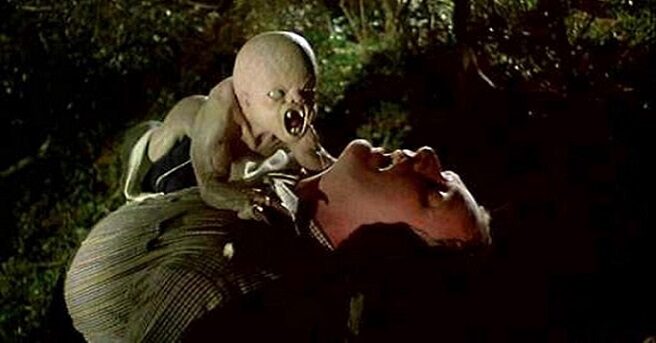






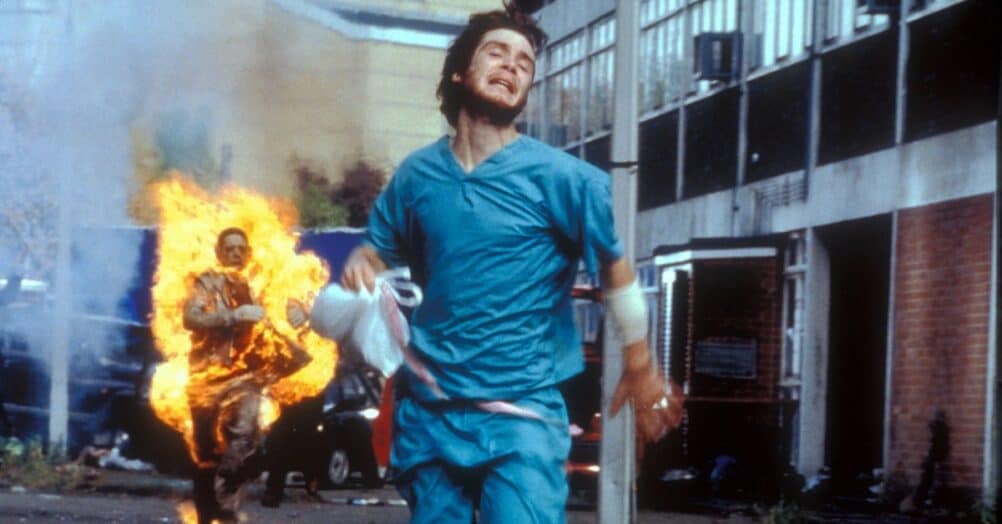





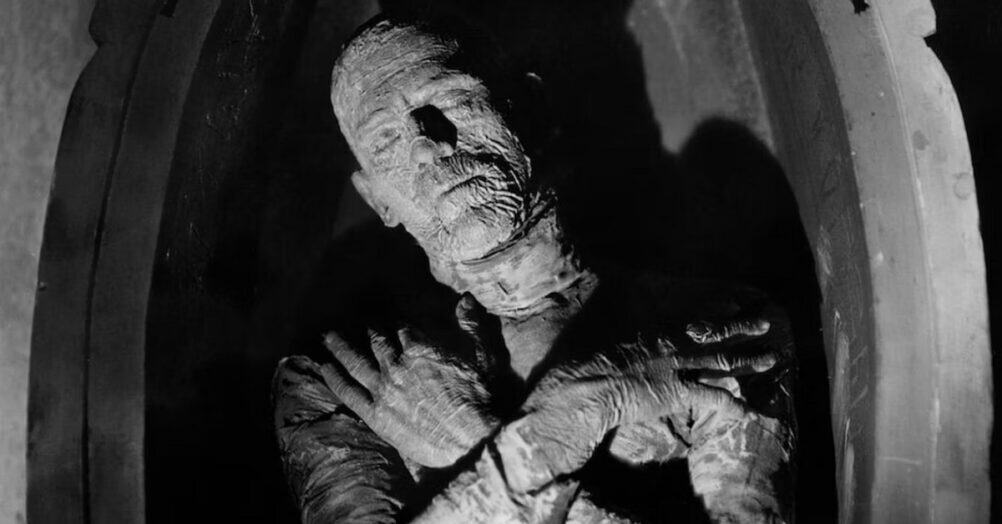



Follow the JOBLO MOVIE NETWORK
Follow us on YOUTUBE
Follow ARROW IN THE HEAD
Follow AITH on YOUTUBE